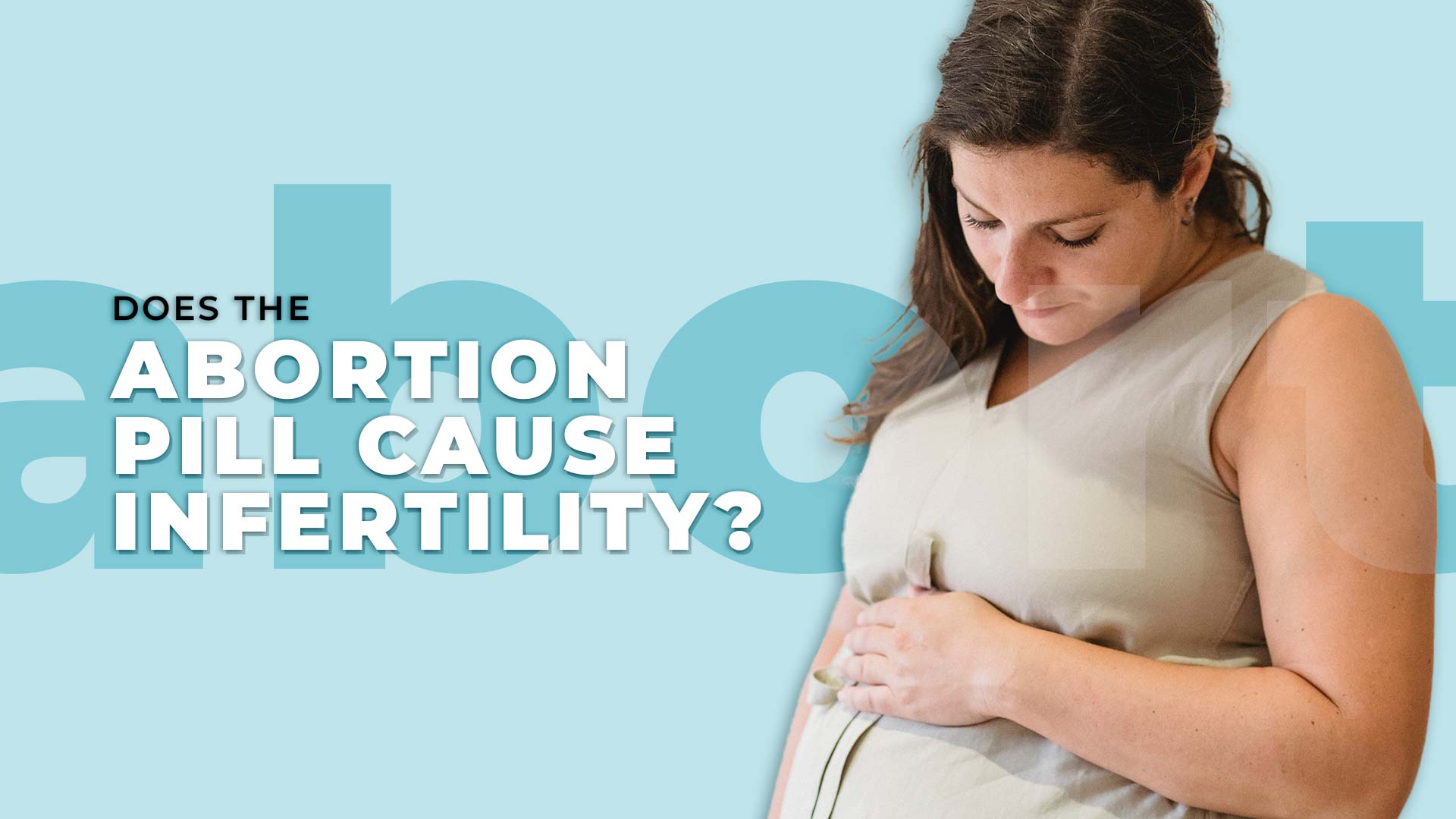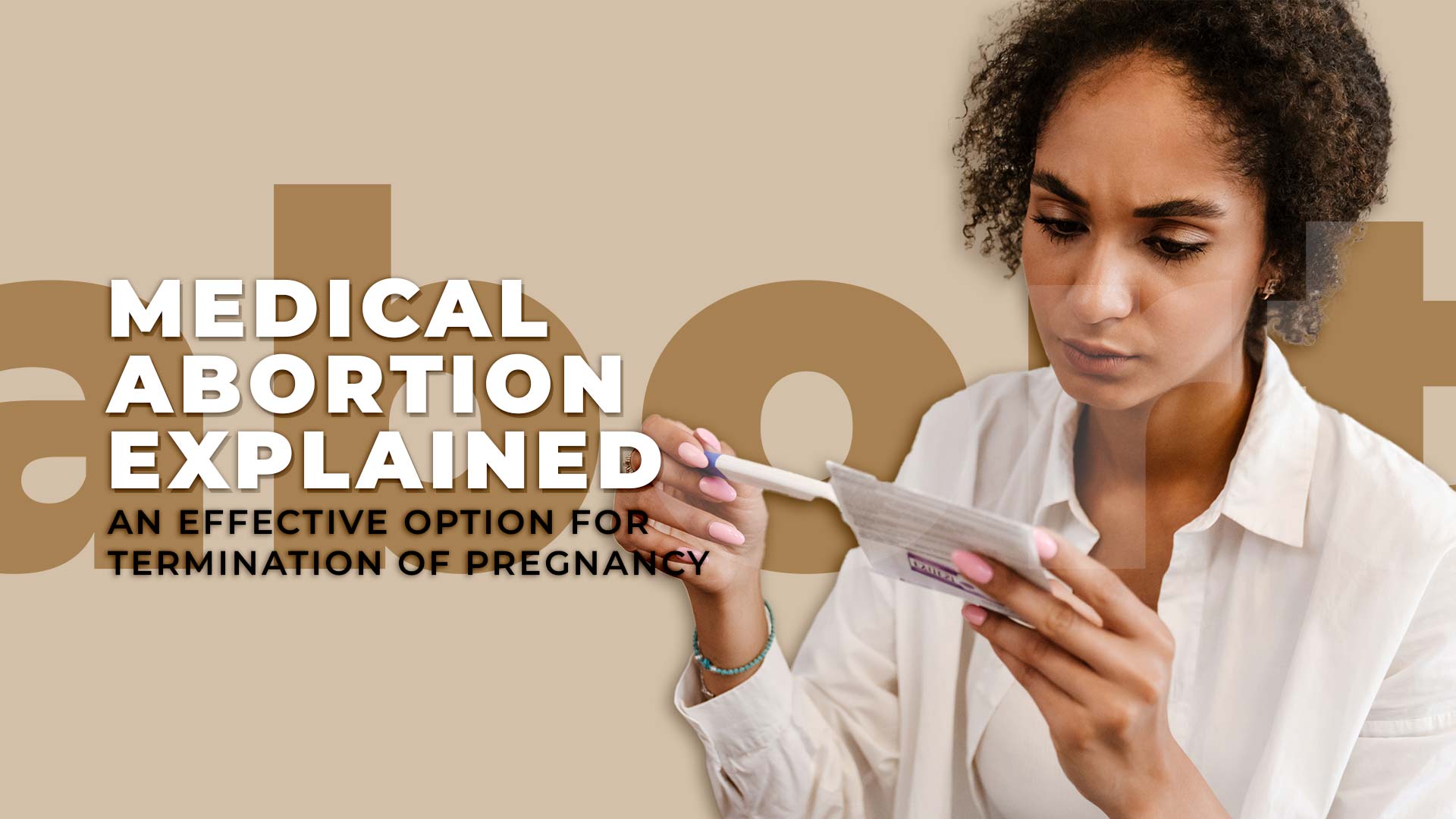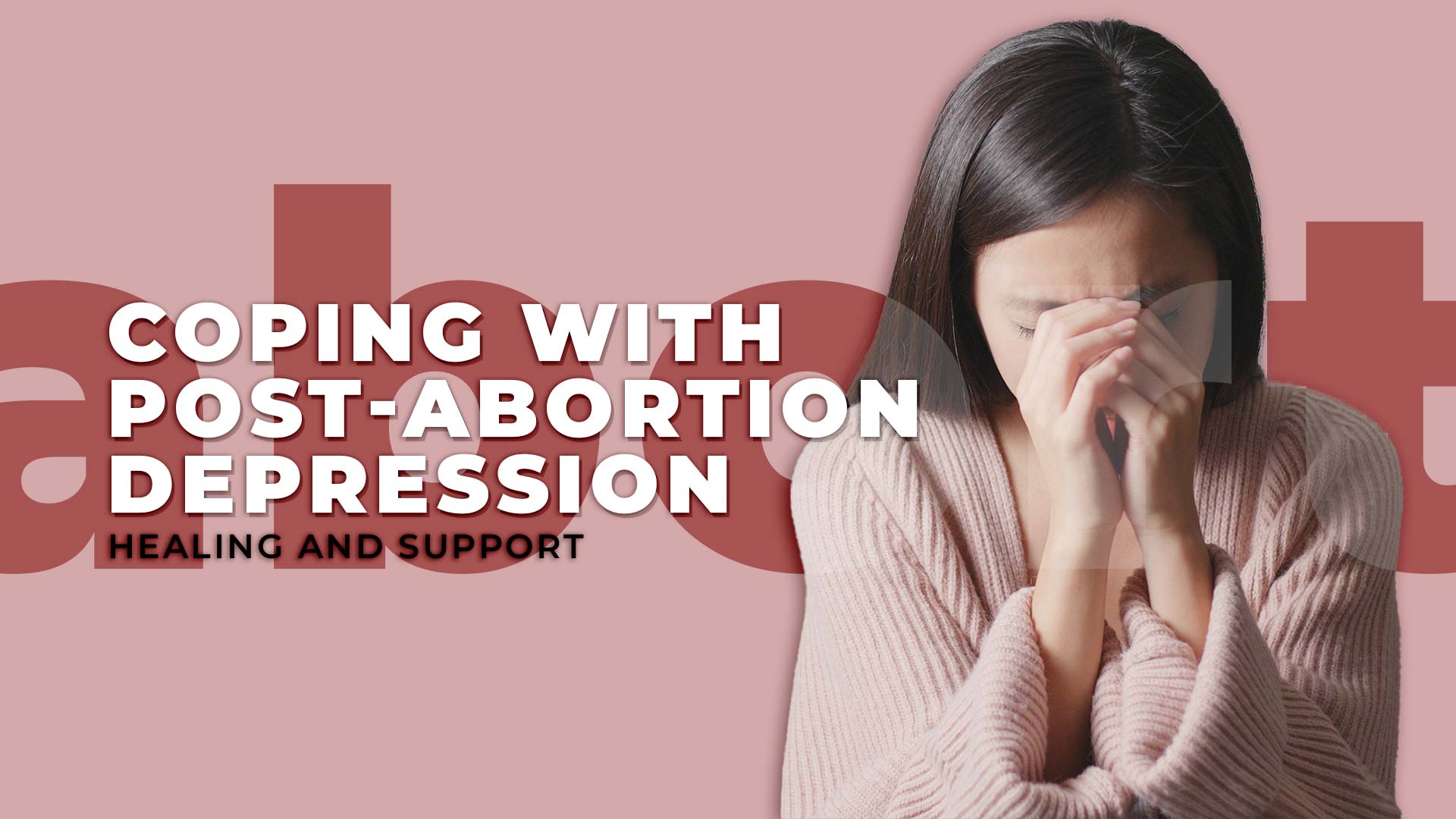The MTP kit also known as the abortion pill is only effective in the early stages of pregnancy, usually up to 10 weeks from the last menstrual period.[2] After that, a surgical procedure may be needed. There is no evidence that the abortion pill causes any long-term harm to the reproductive system. After an abortion, you may experience some side effects, such as cramping, bleeding, and nausea. These side effects are usually mild and should resolve in a few days.[3]
Overview
Medical abortion is a type of abortion that is performed using medication rather than surgery. It is a safe and effective way to end a pregnancy in its early stages. The medication used in medical abortion is called the Abortion pill. It typically consists of two different medicines: mifepristone and misoprostol. Mifepristone blocks the hormone progesterone and causes the uterus to shed its lining, resulting in the termination of the pregnancy.[4]
It is typically taken in combination with another medication called misoprostol, which causes the uterus to contract and expel the pregnancy tissue. Medical abortions generally are performed up to 10 weeks after the last menstrual period.[5] However, a woman needs to consult with a healthcare provider before taking the abortion pill to ensure that it is the right option for her and to receive proper instructions on how to take it.
What are the side effects of abortion pills?

The common side effects[6] of abortion pills include:
- cramping and stomach aches
- heavy bleeding with large clots
- an upset stomach and vomiting
- diarrhoea
- dizziness
- tiredness
- mild fever (99-100° F) or chills on the day you take the misoprostol
Can abortion pills cause infertility?
Medical Abortion is a safe and effective way to end a pregnancy. However, there are rare side effects of abortion pills used in medical abortion that can cause infertility. These side effects include:
- Infection
In some situations, the abortion pill fails to complete the abortion procedure, resulting in retained fetal tissue in the uterus.[7] If this trapped tissue goes undiscovered, it can lead to severe and potentially life-threatening infections. The uterine scarring that results from conditions brought on by the abortion pill may eventually make a woman infertile.
While infected with Chlamydia, a sexually transmitted illness, abortion may raise the risk of Pelvic Inflammatory Disease (PID). PID symptoms and side effects can include infertility in the future, abscesses, and chronic pain.
- Incomplete Abortion
Incomplete Abortion refers to a situation where parts of the conception (tissue, etc.) stay in the uterus, requiring a D&C to remove them. The likelihood of this increases when taking medication for abortion.
How many abortions can you have before you become infertile?

There is no specific number of abortions that can cause infertility. In general, having an abortion does not affect a woman’s ability to become pregnant in the future[11]. However, there are a few potential complications of abortion that could lead to infertility, such as infection or damage to the uterus. These complications are rare and can usually be treated with medication or surgery.
What is Asherman Syndrome?
Asherman Syndrome is a rare condition that can result from a surgical procedure such as a D&C, potentially causing damage to the uterine lining. It leads to scarring within the uterus, increasing the risk of miscarriage or infertility. Treatment often involves surgical removal of the scar tissue followed by placement of a balloon to maintain uterine cavity until healing occurs.
Can abortion cause PCOS?
There is no evidence to suggest that having an abortion can cause polycystic ovary syndrome (PCOS). PCOS is a hormonal disorder that affects the ovaries and can cause irregular menstrual periods, excess hair growth, and difficulty getting pregnant. The exact cause of PCOS is unknown, but it is thought to be related to a combination of genetic and environmental factors.[12]
Do abortion pills damage the womb?
The abortion pill is safe and effective and does not cause long-term damage to the uterus. However, like any medical procedure, there is a small risk of complications with the abortion pill. A potential complication is an infection, which can be treated with antibiotics. In rare cases, the abortion pill can cause damage to the uterus, but this can usually be repaired with surgery.
Do medical abortions affect future pregnancies?

Having an abortion does not affect a woman’s ability to become pregnant in the future.[11] However, there are a few potential complications of abortion that could lead to infertility, such as infection or damage to the uterus. If you are concerned about your fertility after having an abortion, it is best to consult a healthcare provider.
Final Words
The abortion pill can cause temporary infertility. The medication works by causing the uterus to contract and expel the pregnancy tissue, which can result in changes to the lining of the uterus that can make it difficult for a fertilized egg to implant. Additionally, the hormones in the medication can affect ovulation, making it more difficult to conceive. However, the effects on fertility are generally temporary, and most women are able to conceive again within a few months of taking the medication. It is always recommended to consult with a healthcare provider to determine the best course of action if you have concerns about your fertility.
References
- Autry BM, Wadhwa R. Mifepristone. [Updated 2022 May 8]. In: StatPearls [Internet]. Treasure Island (FL): StatPearls Publishing; 2022 Jan-. https://www.ncbi.nlm.nih.gov/books/NBK557612/
- The availability and use of medication abortion (2023) KFF. https://www.kff.org/womens-health-policy/fact-sheet/the-availability-and-use-of-medication-abortion/
- Kruse, B. et al. (2000) “Management of side effects and complications in medical abortion,” American Journal of Obstetrics and Gynecology, 183(2). https://doi.org/10.1067/mob.2000.107946.
- UCSF Health (2020) Medical abortion, ucsfhealth.org. UCSF Health. https://www.ucsfhealth.org/treatments/medical-abortion
- Bryant, A.G., Regan, E. and Stuart, G. (2014) “An overview of medical abortion for clinical practice,” Obstetrical & Gynecological Survey, 69(1), pp. 39–45. https://doi.org/10.1097/ogx.0000000000000017.
- Krugh M, Maani CV. Misoprostol. [Updated 2022 Jul 11]. In: StatPearls [Internet]. Treasure Island (FL): StatPearls Publishing; 2022 Jan-. https://www.ncbi.nlm.nih.gov/books/NBK539873/
- Redinger A, Nguyen H. Incomplete Abortions. [Updated 2022 Jun 27]. In: StatPearls [Internet]. Treasure Island (FL): StatPearls Publishing; 2022 Jan-. https://www.ncbi.nlm.nih.gov/books/NBK559071/
- Stevenson, M.M. and Radcliffe, K.W. (1995) “Preventing pelvic infection after abortion,” International Journal of STD & AIDS, 6(5), pp. 305–312. Available at: https://doi.org/10.1177/095646249500600501.
- Westergaard L, Philipsen T, Scheibel J. Significance of cervical Chlamydia trachomatis infection in postabortal pelvic inflammatory disease. Obstet Gynecol. 1982 Sep;60(3):322-5. PMID: 7121913. https://pubmed.ncbi.nlm.nih.gov/7121913/
- Bjartling C, Osser S, Persson K. The association between Mycoplasma genitalium and pelvic inflammatory disease after termination of pregnancy. BJOG 2010;117:361–364. https://obgyn.onlinelibrary.wiley.com/doi/10.1111/j.1471-0528.2009.02455.x
- Can having an abortion affect my fertility? (no date) NHS choices. NHS. https://www.nhs.uk/common-health-questions/womens-health/can-having-an-abortion-affect-my-fertility/
- Ndefo UA, Eaton A, Green MR. Polycystic ovary syndrome: a review of treatment options with a focus on pharmacological approaches. P T. 2013 Jun;38(6):336-55. PMID: 23946629; PMCID: PMC3737989. https://www.ncbi.nlm.nih.gov/pmc/articles/PMC3737989/
- Clm (2022) Health risks of the abortion pill, Colorado Springs Pregnancy Center. Available at: https://cspregnancycenter.com/top-7-health-risks-of-the-abortion-pill/





